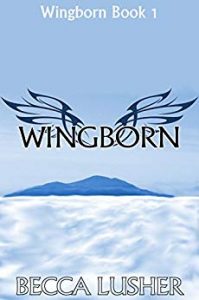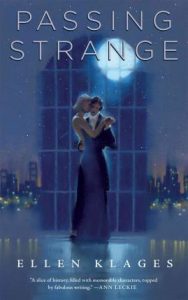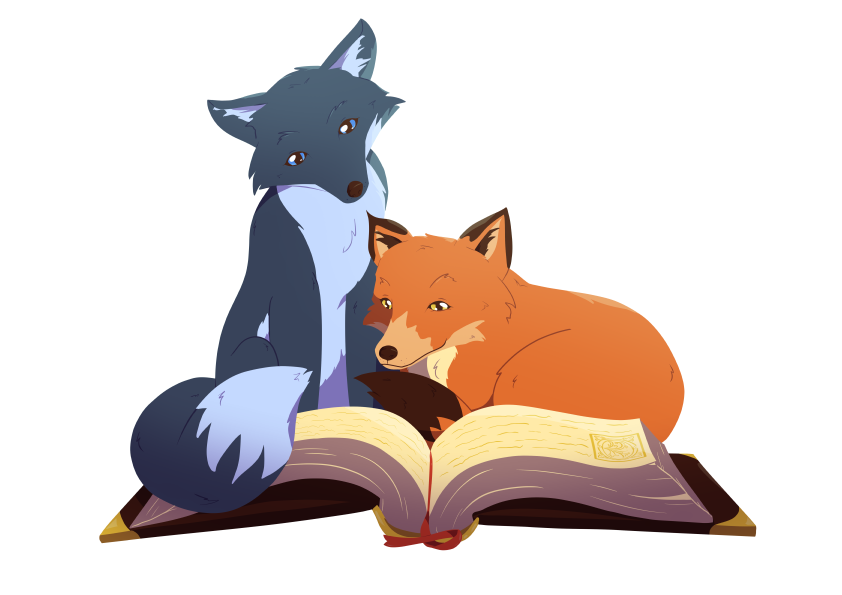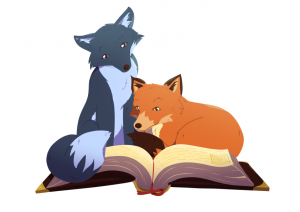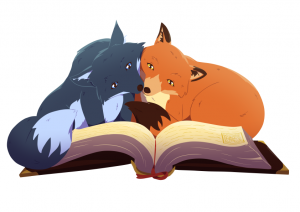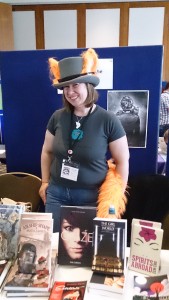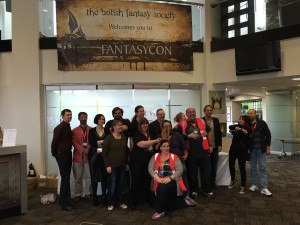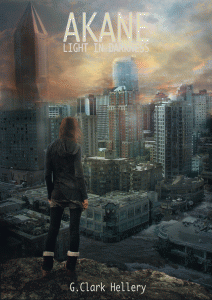Representation of LGBT characters is changing – and high time. From films like ‘Priest’ and ‘Brokeback Mountain’ which focused on the agony and tragedy of a same-sex relationship, and in a community or society where such a thing was deemed shocking, we’re seeing better and fairer representation of LGBT characters on our screens – Killjoys, for example, or Wynnona Earp, or Legends of Tomorrow
And we’re seeing those changes in fiction, too – that LGBT relationships should just be a part of the overall narrative. There needs to be wider representation, and storylines that treat LGBT characters exactly the same as they treat straight ones – with a whole raft of troubles and plotlines and daemons that have absolutely nothing to do with their sexuality. We should have LGBT stories that are not based in tragedy or denial, stories where ‘being gay’ is not an illustration of being troubled or alone, stories where gay relationships can develop with all the normal hiccups that plague us all, gay, bi, straight, or anything else. When I wrote Children of Artifice, this was something that I really wanted to get right.
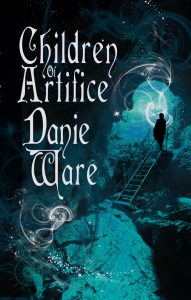
I’ve chosen five of my more recent SFF reads, each featuring an LGBT character or relationship, and taken a look at how things are changing – and for the better!
Paul Cornell – London Falling (Shadow Police)
All credit to Paul Cornell, the sheer amount of research that goes into his work is astonishing, and, as this book picks up pace and information, we see the narrative unfold through the eyes of each of the central characters. It’s very cleverly done, and allows a thoroughly detailed, police-procedure plot to take shape with wonderful effect.
As one might expect, Paul’s thread of inclusivity carries on through all three books in the series. Unlike the Morgan, the gay relationship/character is not the focus of the story, rather the sub-plot as Sefton, one of the PoV characters becomes involved with a new boyfriend. And while he has his daemons to battle, the remarkable thing about it is… that it’s so unremarkable. As the relation progresses and they move in together, they ‘re just two people, becoming involved, surrounded by the craziness of the main storylines, and falling in love as they should.
More narratives like this one, please.
Natasha Pulley – The Watchmaker of Filigree Street
If there was a book that I wanted ‘Artifice’ to emulate, then this is the one.
Entwined, subtle, beautifully written and very character driven, it follows a crescendo of events that tear Thaniel, the central character, between multiple loyalties. It’s a delightfully cunning tale – but even with that in mind, its core relationship took me completely by surprise.
And the set-up is just too clever – the sub-plot of Thaniel’s involvement with Grace seems writ large from the beginning. So, the beautiful moment where Thaniel actually reaches out to Mori is so completely unexpected, and has a wit and gentleness to it that just aches with sincerity and insight.
Plus – who doesn’t need a clockwork octopus?
Swordspoint by Ellen Kushner
Violence, politics, sarcasm and deliciously biting courtroom wit – if you like the vicious and genteel savagery of the upper classes, then this is a title not to be mised. It’s also available on audiobook with a full-cast ensemble, and it’s pretty spectacular. And Swordspoint illustrates the case as flawlessly as one might expect.
The title features a gay lead character, Richard St. Vier, and his lover Alec – indeed almost all of the supporting cast seem to be bisexual – but any hint of romance is only ever implied, a part of the colour and richness of the background, and that’s all. They story focuses on the duelling of blade and wit and intrigue, and does so with a polish (and a sarcastic humour) that’s truly glorious.
Station Eleven – Emily St. John Mandel
A Clarke winner, and deservedly so.
A book about the magic of little things, how tiny touches and moments spin into the critically important, how the smallest of objects becomes precious. A book about how things interconnect, and about how a word can carry across miles and generations.
It’s also book that also has only one straight white male – the narrative’s focus, who dies in the first chapter. And yet Arthur provides the centre of the Venn Diagram that binds the rest of the story together – most notably, Arthur’s best friend Clark, who follows a wonderful narrative arc of his own. From the processions of his youthful lovers, to the normality of having breakast, to finally being the curator of all those obsolete and magical wonders – and re-finding himself (and his youthful haircut) after years of being supressed by society’s expectations…
The important thing to note is that the suppressions were about the mundanity of his ‘normal’ life and nothing to do with his sexuality.
Aliette de Bodard – The House of Binding Thorns
In the second book in the series, following The House of Binding Thorns, Aliette takes us back taking us back to her beautiful, dystopian Paris.
Woven with plot-threads, politics and flashbacks, and threaded through with flickers of Vietnamese myth, this is a story like darkly woven lace, and as intriguing as what lies beneath the waters of the Seine…
And there are whole sequences of LGBT relationships in this book. Gay couples lead both major houses, the characters all completely entwined in the ongoing narrative. And it’s a perfect example of a book where gay relationships are just present – they’re not played for drama, or for cool points, or for shock value.

